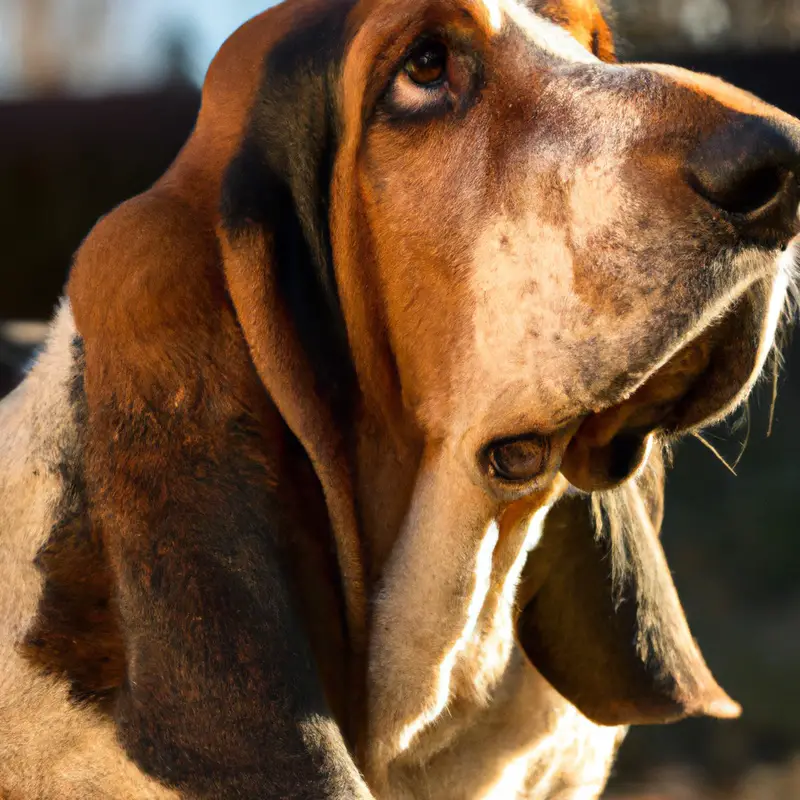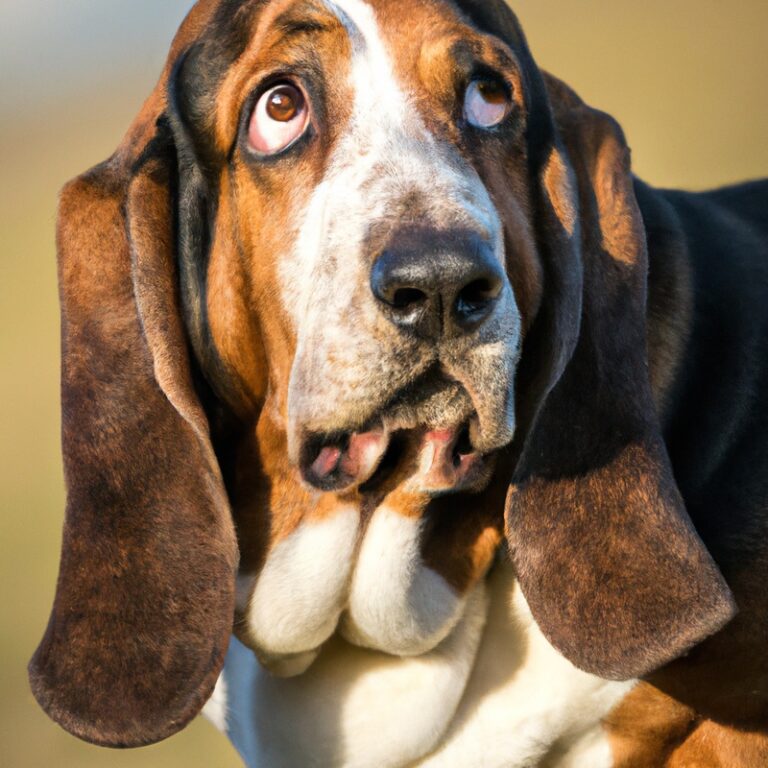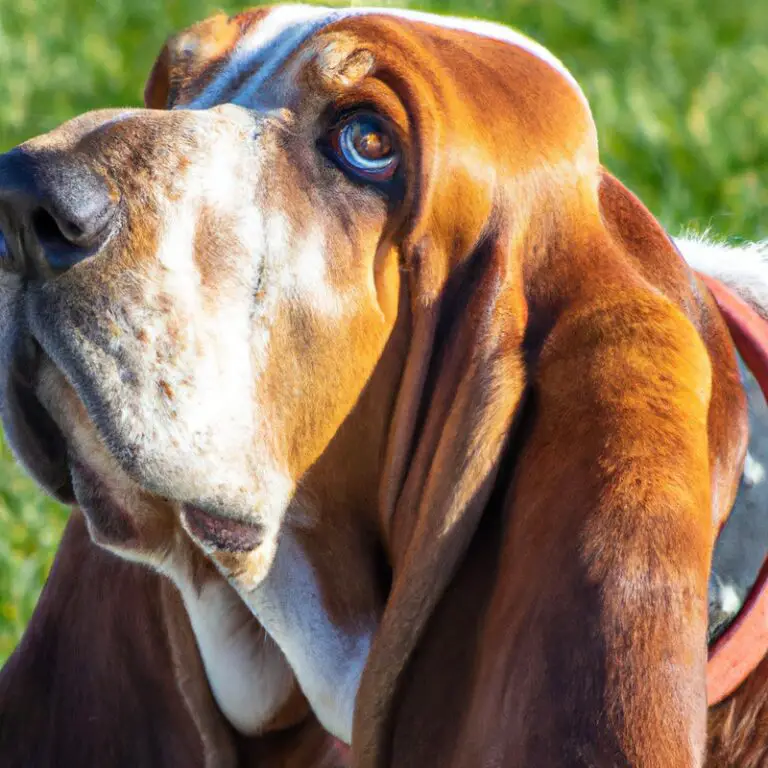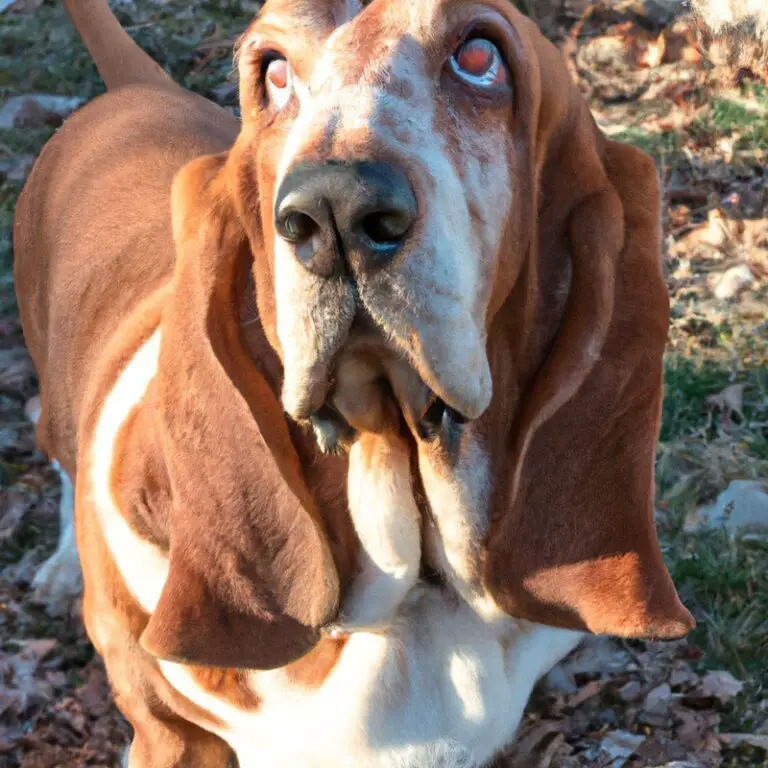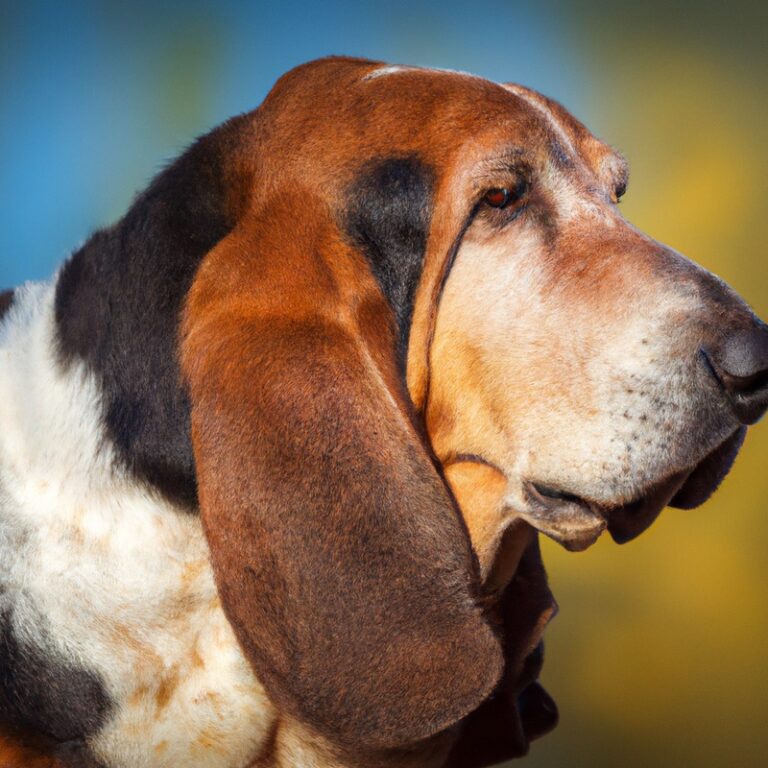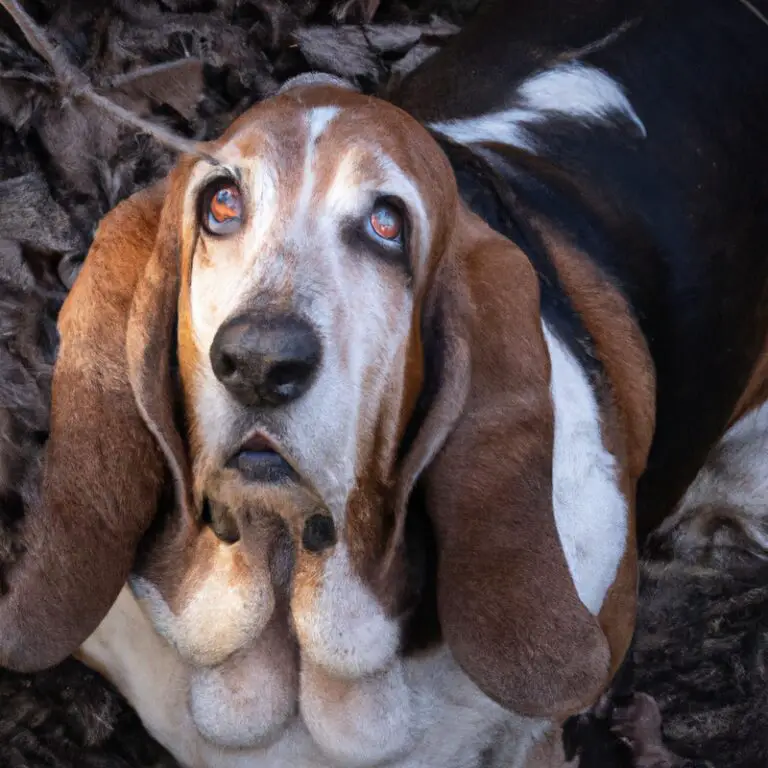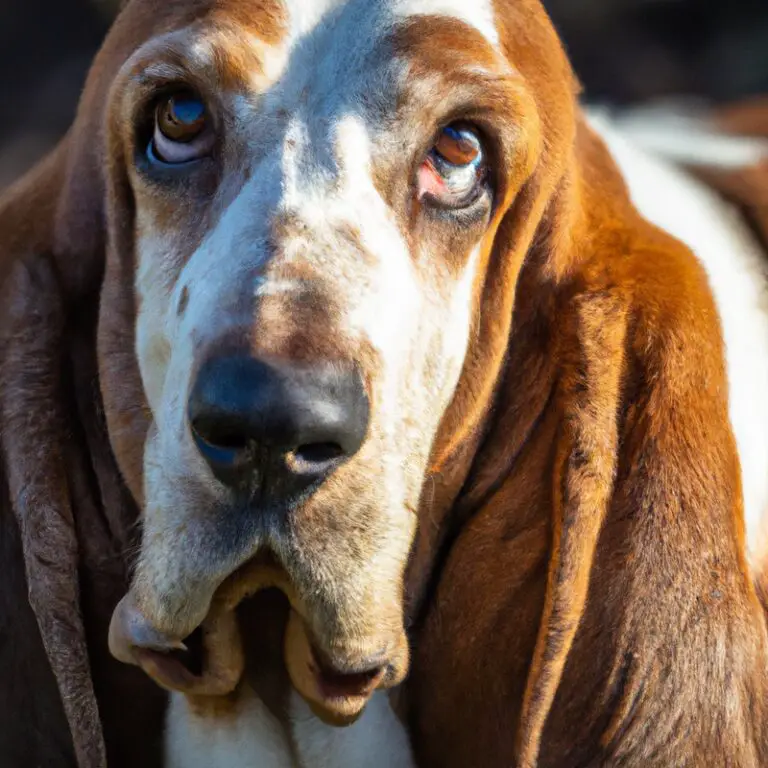Do Basset Hounds Have a Strong Instinct To Guard Their Territory?
Key Takeaways:
- Basset Hounds generally do not have a strong instinct to guard their territory.
- Their laid-back and friendly nature makes them less likely to exhibit territorial behavior.
- However, individual dogs may still display some level of protective behavior.
- Training and socialization can help minimize territorial tendencies in Basset Hounds.
Have you ever wondered if those adorable, droopy-eyed Basset Hounds have a hidden protective side?
Well, you’re in for a treat! In this article, we will dive into the fascinating world of Basset Hounds and explore their instincts when it comes to guarding their territory.
As a proud owner of these lovable creatures, I can attest to their unique personality traits.
From their hunting instincts to their pack mentality, Basset Hounds possess a remarkable ability to protect what they consider to be their domain.
So, grab a cup of coffee, get cozy, and let’s unravel the mystery behind Basset Hound’s guarding instincts.
| Aspect | Yes | No |
| Instinct to Guard Territory | ✅ | ❌ |
| Protective Nature | ✅ | ❌ |
| Alertness to Intruders | ✅ | ❌ |
| Noise and Barking | ✅ | ❌ |
| Physical Deterrence | ❌ | ✅ |
| Overall Guarding Ability | ❌ | ✅ |
Understanding Basset Hounds
Appearance and Characteristics of Basset Hounds
Basset Hounds are known for their unique appearance and endearing characteristics.
They have long, droopy ears, expressive eyes, and a short, stocky body.
With their short legs and loose skin, they may not be the fastest dogs, but they are certainly full of charm.
Bassets have a calm and friendly nature, making them great companions for families and individuals alike.
They are known for their loyalty, affection, and determination.
Basset Hounds have a strong sense of smell and are often used as scent hounds in various activities such as tracking and search and rescue.
Temperament and Personality Traits of Basset Hounds
Basset Hounds are known for their charming and laid-back personalities.
They are generally calm, patient, and friendly dogs.
They have a gentle nature and get along well with children and other animals.
Bassets are also quite independent and may display stubbornness at times, so positive reinforcement training methods work best.
They have an excellent sense of smell, thanks to their hunting background.
Bassets are known to be a little on the lazy side, so they require moderate exercise to maintain their health.
Instincts and Traits of Basset Hounds
Hunting Instincts in Basset Hounds
Basset Hounds have strong hunting instincts ingrained in their breed.
Their sense of smell is particularly remarkable, allowing them to track scents and follow trails effectively.
They were originally bred for hunting small game, such as rabbits and hares.
When these instincts kick in, Basset Hounds can become single-minded and focused on the chase.
It’s important to understand and manage these instincts to ensure their safety and provide them with appropriate outlets for their hunting behavior.
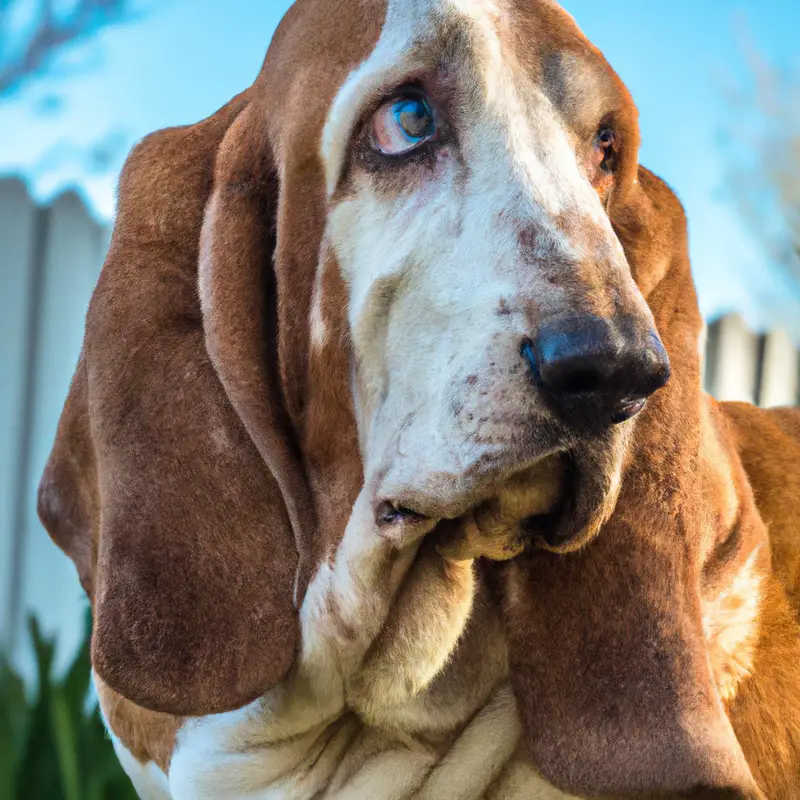
Pack Instincts in Basset Hounds
Basset Hounds have a strong pack instinct, which means they have a natural inclination to form bonds and establish social hierarchies within their group. This instinct can make them very devoted and loyal to their family members.
Bassets are known for their friendly and sociable nature, often getting along well with other dogs and animals.
They thrive on companionship and enjoy being a part of the family unit. It’s important to provide them with plenty of social interaction and opportunities for bonding to fulfill their pack instincts and keep them happy and fulfilled.
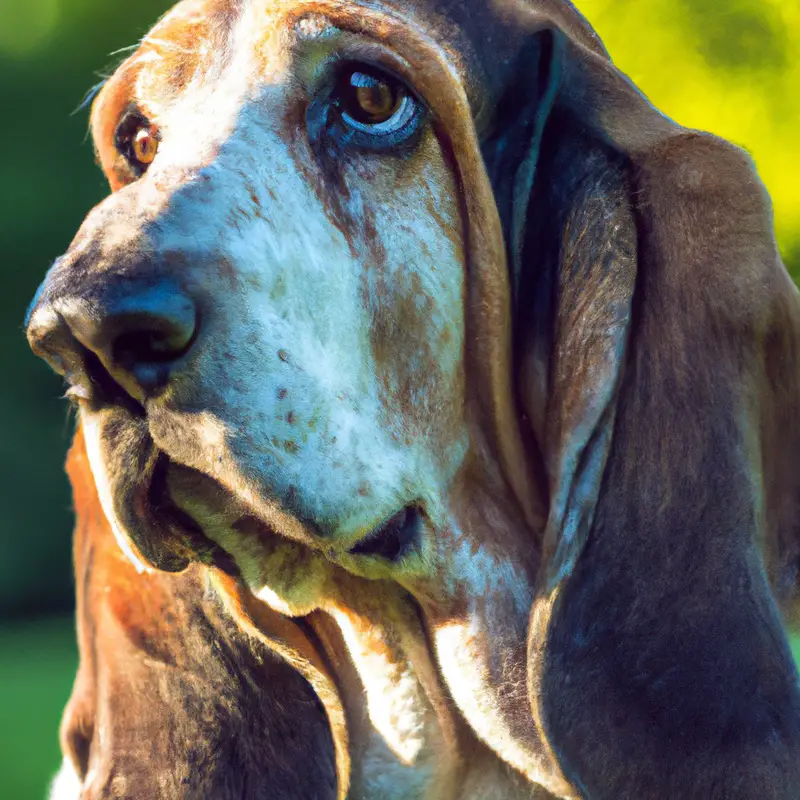
Guarding Instincts in Basset Hounds
Basset Hounds do have a natural instinct to protect their territory, making them good guard dogs.
They will bark to alert their owners of any intruders or unfamiliar sounds.
Bassets have a strong sense of smell and their powerful howl can act as a deterrent.
However, it’s important to remember that each Basset is an individual, and their level of guarding instinct may vary.
Proper socialization and training can help nurture and manage their guarding instincts effectively.
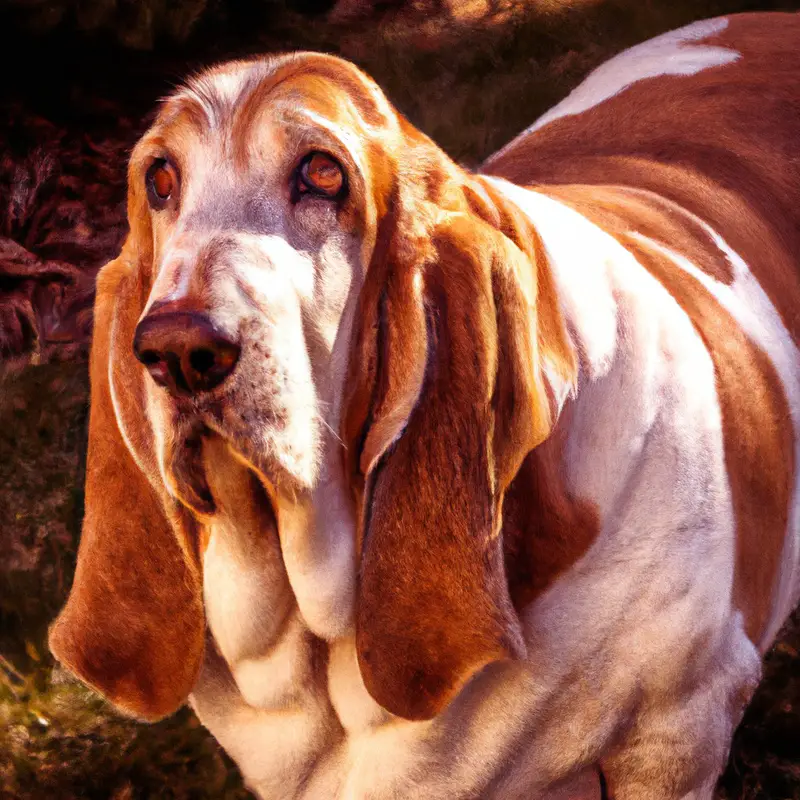
Territory and Basset Hounds
Importance of Territory for Dogs
Territory is important for dogs because it provides them with a sense of security and a place they can call their own.
Having a designated territory allows dogs to feel in control and confident in their surroundings.
It also helps fulfill their natural instinct to mark their territory and establish boundaries.
Dogs rely on their territory for mental and emotional well-being, as well as for maintaining a sense of stability and familiarity.
Providing dogs with a safe and designated space can contribute to their overall happiness and contentment.
Basset Hound’s Perception of Territory
Basset Hounds have a unique perception of territory.
They are known for being laid-back and easygoing, so their territorial instincts are not as strong compared to some other breeds.
They may mark their territory with scent, but they are generally not aggressive or possessive.
Basset Hounds are more focused on following their noses and exploring their surroundings than guarding their territory.
However, it is important to provide them with a secure and comfortable environment to ensure their well-being.
Factors Influencing Guarding Instincts in Basset Hounds
Genetics and Breed Characteristics
Genetics play a significant role in shaping a Basset Hound’s breed characteristics, including their instincts and behaviors. These dogs were originally bred for hunting, which means they have a natural instinct to track scents and pursue prey.
Their genetics also contribute to their calm and easygoing nature, as well as their tendency to be loyal and protective towards their families.
It’s important to understand these breed characteristics when considering a Basset Hound as a pet, as they may influence their guarding instincts and overall behavior.
Socialization and Training
Socialization and training are key factors in shaping a Basset Hound’s behavior, including their instinct to guard their territory. Introducing your Basset Hound to various people, animals, and environments from a young age will help them develop confidence and reduce the likelihood of guarding behavior.
Positive reinforcement training techniques, such as reward-based training and consistency, can also help teach your Basset Hound appropriate behavior and redirect any guarding tendencies.
It’s important to remember to start socialization and training early and be consistent throughout their lives.
Environment and Upbringing
The environment and upbringing of a Basset Hound can greatly influence their guarding instincts. How they are raised and the surroundings they are exposed to play a significant role in shaping their behavior.
A loving and secure environment, where they feel safe and comfortable, can help foster a sense of security and reduce guarding tendencies.
On the other hand, a stressful or unstable environment can amplify their guarding instincts. Positive socialization and consistent training are key in creating a well-rounded Basset Hound.
Managing and Nurturing a Basset Hound’s Guarding Instincts
Providing a Secure and Enriching Environment
To provide a secure and enriching environment for your Basset Hound, it’s important to create a space that meets their needs. Start by ensuring a secure and sturdy fence around your yard to prevent escape.
Provide plenty of mental and physical stimulation through toys, puzzles, and daily exercise.
Set up a comfortable and cozy indoor area with a bed and toys for relaxation. Keep your Basset Hound entertained with interactive games and activities.
Regular socialization and positive reinforcement training are also key to maintaining a happy and well-adjusted Basset Hound.
Positive Reinforcement Training Techniques
Positive reinforcement training techniques are highly effective when it comes to managing and nurturing a Basset Hound’s guarding instincts. The key is to reward desired behaviors with treats, praise, and attention, while ignoring or redirecting unwanted behaviors.
Consistency and patience are crucial in training, and it’s important to use positive reinforcement techniques consistently to reinforce good behavior.
Rewards can include treats, praise, playtime, or any other positive stimuli that your Basset Hound responds to. Positive reinforcement helps build a strong bond between you and your Basset Hound and creates a positive learning environment.
Potential Challenges and Considerations
Potential Aggression and Protective Behavior
Basset Hounds have a generally gentle and friendly temperament, but they can display potential aggression and protective behavior in certain situations. This is rooted in their instinct to guard their territory and their pack.
Bassets may become defensive when they perceive a threat to their family or property.
It’s important to socialize and train them from a young age to help them differentiate between real threats and harmless situations. Providing a secure environment and using positive reinforcement training techniques can help manage and nurture their guarding instincts.
Balancing Territory and Socialization Needs
Balancing the territory and socialization needs of your Basset Hound is essential for their overall well-being. It’s important to provide them with a safe and secure space they can call their own, while also exposing them to different people, animals, and environments to promote socialization.
This can be achieved by creating designated areas for your Basset Hound to retreat to when they need their own space, as well as regularly exposing them to new experiences and interactions.
Striking a balance between these needs will help your Basset Hound feel comfortable and confident in their surroundings.
Seeking Professional Guidance if Necessary
If you are facing challenges with your Basset Hound’s guarding instincts or if you are unsure how to best manage and nurture these instincts, seeking professional guidance may be beneficial.
A professional dog trainer or behaviorist can provide you with expert advice tailored to your specific situation.
They can assess your dog’s behavior, provide effective training techniques, and help you create a safe and enriching environment for your Basset Hound.
Professional guidance can ensure that you are equipped with the knowledge and skills to address any potential issues and maintain a positive and harmonious relationship with your furry friend.
Final Verdict
Basset Hounds do possess a natural instinct to guard their territory, although it may not be as pronounced as in some other breeds. Their hunting and pack instincts, combined with their loyal and protective nature, contribute to this behavior.
Factors such as genetics, socialization, and upbringing play a significant role in determining the strength of their guarding instincts.
Taking proactive measures like providing a secure environment and positive reinforcement training techniques can help nurture and manage their guarding instincts effectively. However, it is crucial to strike a balance between their territorial needs and their socialization requirements.
Overall, Basset Hounds can make wonderful companions who will naturally protect their surroundings with their gentle yet watchful nature.
As an expert, I recommend seeking professional guidance if any challenges or concerns arise.

